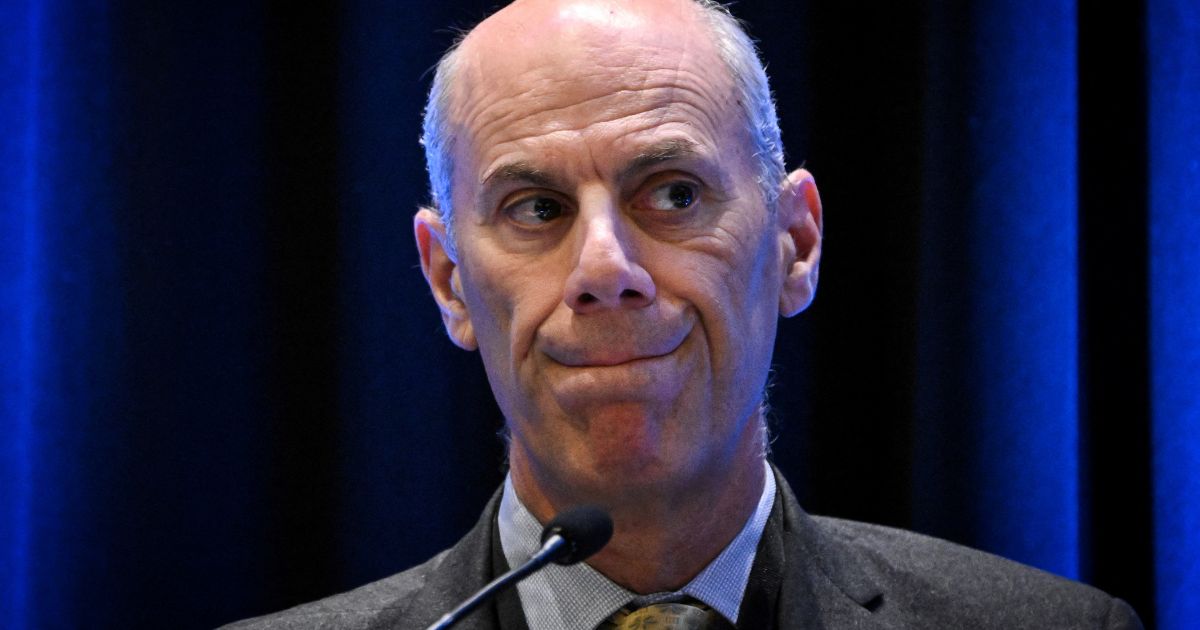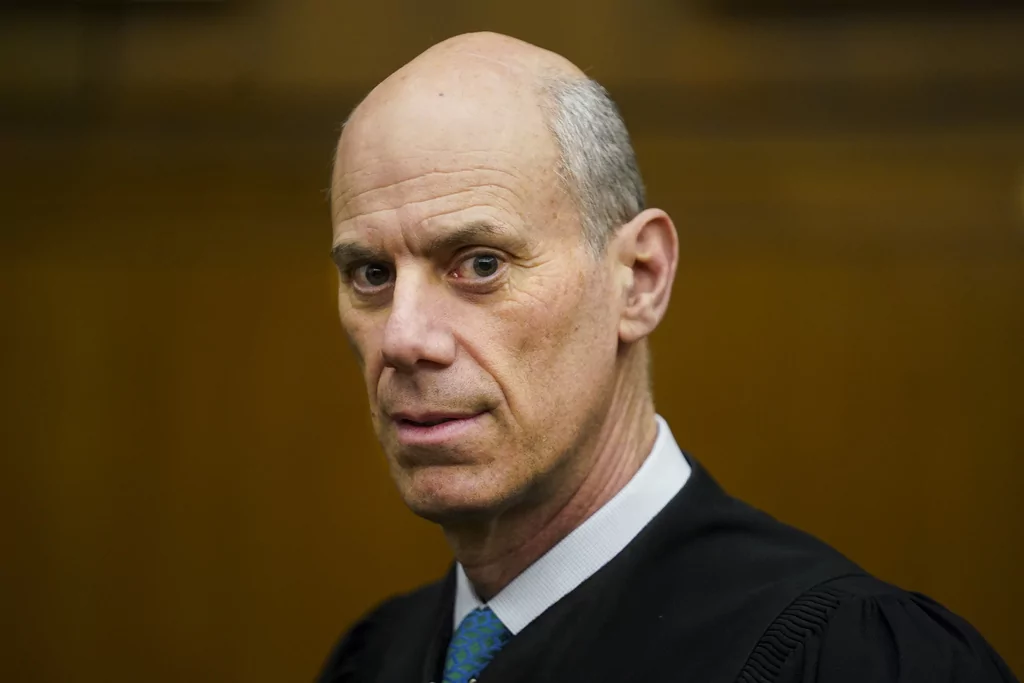Supreme Court declines to weigh in on state campaign finance restrictions – Washington Examiner
The Supreme Court opted not to review a challenge to Alaska’s Ballot Measure 2, which aims to enhance transparency in campaign donations. This voter-approved law, passed in 2020, introduced several changes to Alaska’s election system, including ranked choice voting, nonpartisan primaries, and stricter disclosure rules designed to combat “dark money”—untraceable political expenditures. Key provisions of the law require individuals or organizations contributing over $2,000 to report their donations within 24 hours and mandate disclosures of original funding sources. Opponents, including residents and advocacy groups supported by the Liberty Justice Center, argue that these requirements infringe upon First Amendment rights by limiting free political expression and forcing entities to disclose sensitive donor information. The Supreme Court’s decision effectively leaves the law intact, allowing Alaska to proceed with its transparency measures.
Supreme Court declines to weigh in on state campaign finance restrictions
The Supreme Court on Monday declined to review a challenge to Alaska’s Ballot Measure 2, a voter-approved law requiring more transparency in campaign donations.
Passed in 2020, the measure introduced several changes to Alaska’s election system, including ranked choice voting, nonpartisan primaries, and stricter disclosure rules aimed at addressing “dark money”—political spending by groups that do not disclose their donors.
The law requires individuals or groups donating over $2,000 annually to political campaigns to report their contributions within 24 hours. It also mandates that organizations disclose the original sources of their funding, ensuring voters know who is behind campaign efforts, and forces advocacy groups with significant out-of-state funding to include Disclaimers in ads identifying their primary financial backers.
Opponents, including Alaskan residents and advocacy organizations represented by the Liberty Justice Center, argued that these requirements violated First Amendment protections of free speech by discouraging political participation and compelling groups to reveal sensitive donor information. The plaintiffs also challenged the provision requiring state-mandated disclaimers in ads, claiming it infringed on their ability to communicate freely.
Lower courts upheld the law, with the U.S. Court of Appeals for the 9th Circuit ruling that the requirements were “reasonably tailored to the state’s important interests in keeping the public informed.”
The Supreme Court’s refusal to hear the case leaves the law intact, marking a win for advocates of greater campaign finance transparency.
Choosing to take the case may have implicated the Supreme Court’s 2010 Citizens United v. FEC precedent, which removed many restrictions on political spending and led to the increased influence of outside money in elections. Conversely, Alaska’s law aims to shed light on the funding sources behind political campaigns, despite criticism from groups, such as the LJC, that say it undermines free speech protections.
" Conservative News Daily does not always share or support the views and opinions expressed here; they are just those of the writer."





Now loading...